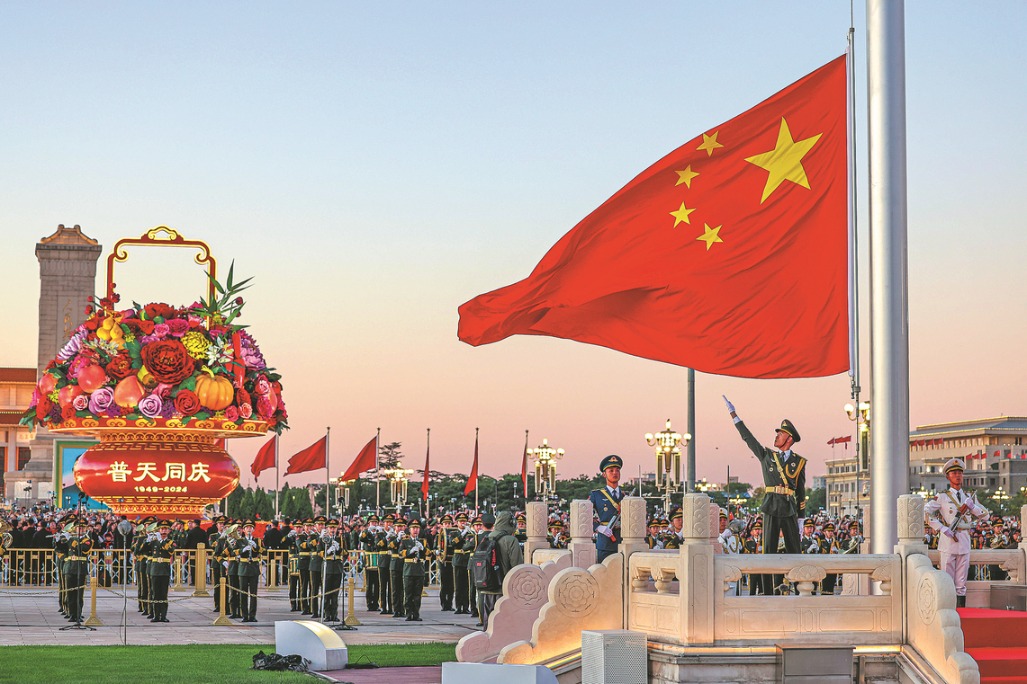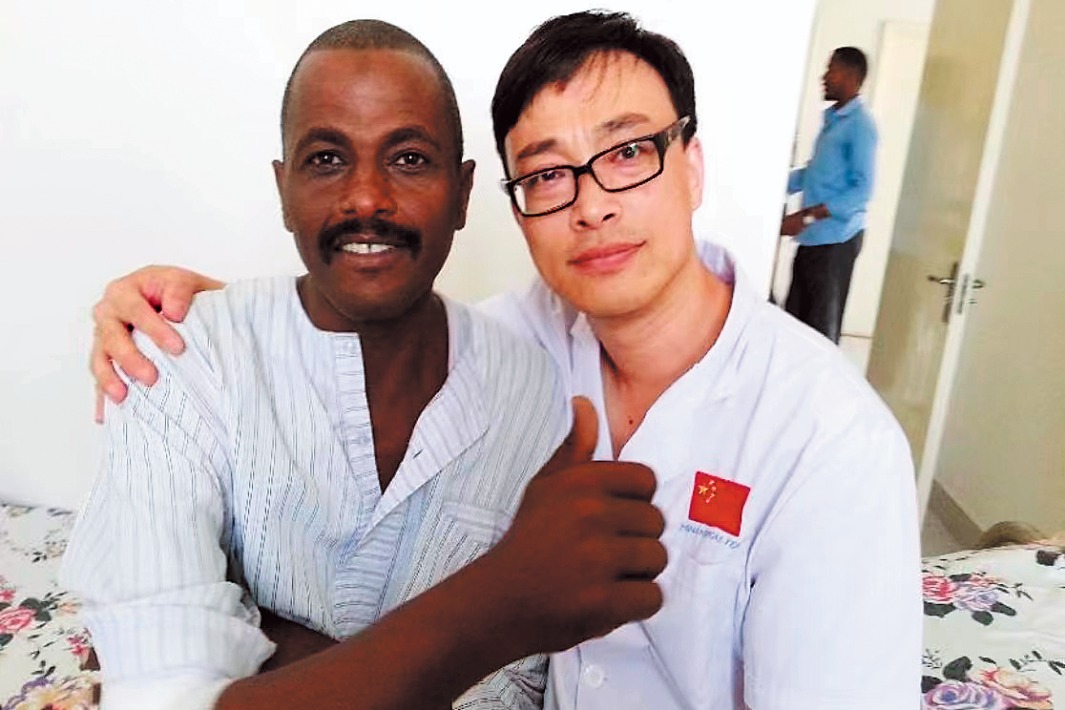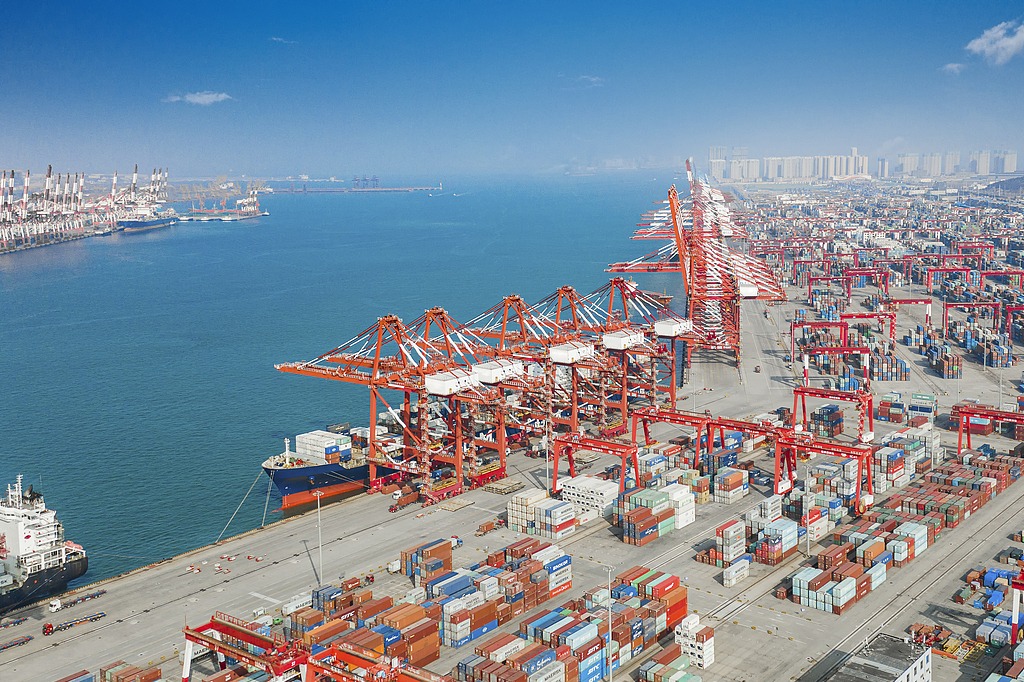'New three' helping drive exports
By LIU YUKUN | CHINA DAILY | Updated: 2023-07-14 07:14

China's foreign trade landscape is undergoing a green transformation as traditional export categories, such as clothing and furniture, make way for high-tech innovations in the new energy sector, typified by electric vehicles, lithium batteries and solar cells, experts said.
They said that such a trend is buoyed by growing global market demand and favorable policies, and supported by the country's supply capacity and strong industrial chain. As the global green transformation continues to present business opportunities, further efforts are needed from companies to ramp up innovation to increase competitiveness and explore new markets.
The remarks came after Lyu Daliang, a spokesman for the General Administration of Customs, said on Thursday at a news conference that China's foreign trade structure continued to be optimized in the first half. The "new three" products, namely EVs, lithium batteries and solar cells, witnessed a 61.6 percent year-on-year growth in exports, driving up overall export growth by 1.8 percentage points.
Lyu said that private enterprises have been the driving force behind the export growth of the "new three" products, whose export value surged 64.6 percent year-on-year to 346.3 billion yuan ($48.38 billion) in the first half.
Lyu said earlier these products had been exported to more than 200 countries and regions, with the top five markets being the European Union, the United States, the Association of Southeast Asian Nations, South Korea and the United Kingdom, with export growth to all these markets exceeding 80 percent.
"The surge in export growth of these products represents a clear change in global market demand, driven by the growing need for decarbonization. Chinese new energy products, especially solar panels, lithium batteries and EVs, are competitive in the global market with relatively low prices and high quality, and companies in these sectors have gained increasing recognition and a relatively high reputation in the international market. The country's supply chain is also improving, which is also an important driver of the export growth," said Zhou Mi, a senior researcher at the Chinese Academy of International Trade and Economic Cooperation.
The solar power sector is a good example. China is responsible for more than 75 percent of the global photovoltaic supply chain, and its export volume of such products has increased significantly in accordance with global growth, said Jiang Yali, a solar analyst at energy research provider BloombergNEF.
Jiang said that China has a complete life cycle supply chain in PV facility manufacturing, enjoying an obvious scale effect. Meanwhile, the technology of PV power generation is developing rapidly, which greatly promotes cost reductions, giving the country a leading role in the global PV supply chain.
Last year, China exported about 36.3 gigawatts of solar wafers and 23.8 GW of solar cells, up 60.8 percent and 130.7 percent year-on-year, respectively. Exports of solar modules last year grew 55.8 percent and exceeded 153.6 GW, both record highs, said the China Photovoltaic Industry Association.
Major Chinese PV player Jinko Solar Co, whose trade footprint reaches Europe, the US, ASEAN and Africa, expressed an intention to further expand overseas, and is currently seeking new markets. The company said that in order to further reduce the cost of using solar power and make new energy more accessible for both households and industrial users, it will increase its investment in the energy storage sector.
Qian Jing, vice-president of Jinko Solar, said, "Against the backdrop of global green transformation driven by new energy production, decarbonization goals do not mean an increase in costs, but rather a new round of robust development, which will present great opportunities (to generate new growth points)."
Experts said that against the backdrop of global green transformation, demand for the "new three" products will continue to grow.
"However, China's export rate of such green products may slow down at some point. Facing constantly changing trade policies from various countries, companies need to take real-time actions for sustainable development," Zhou said.
























